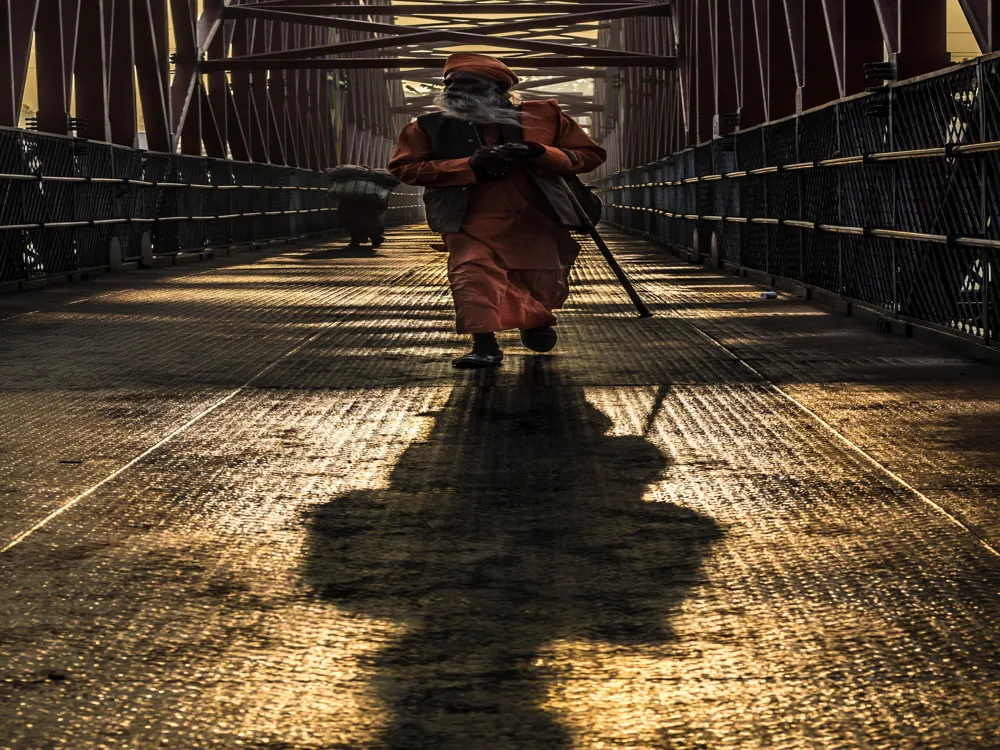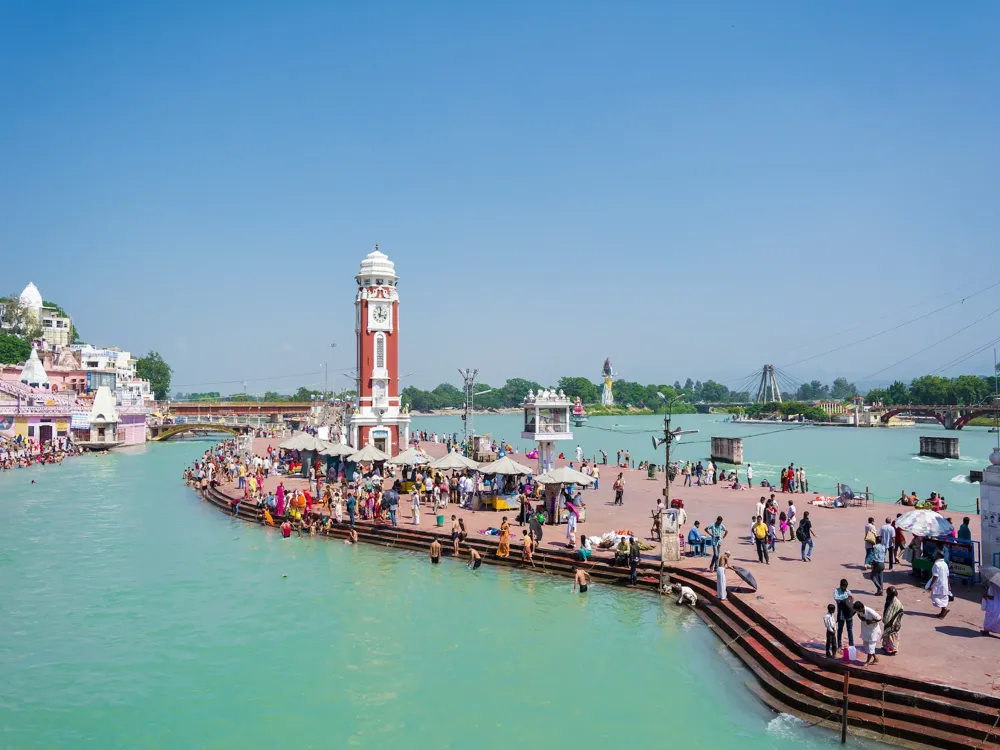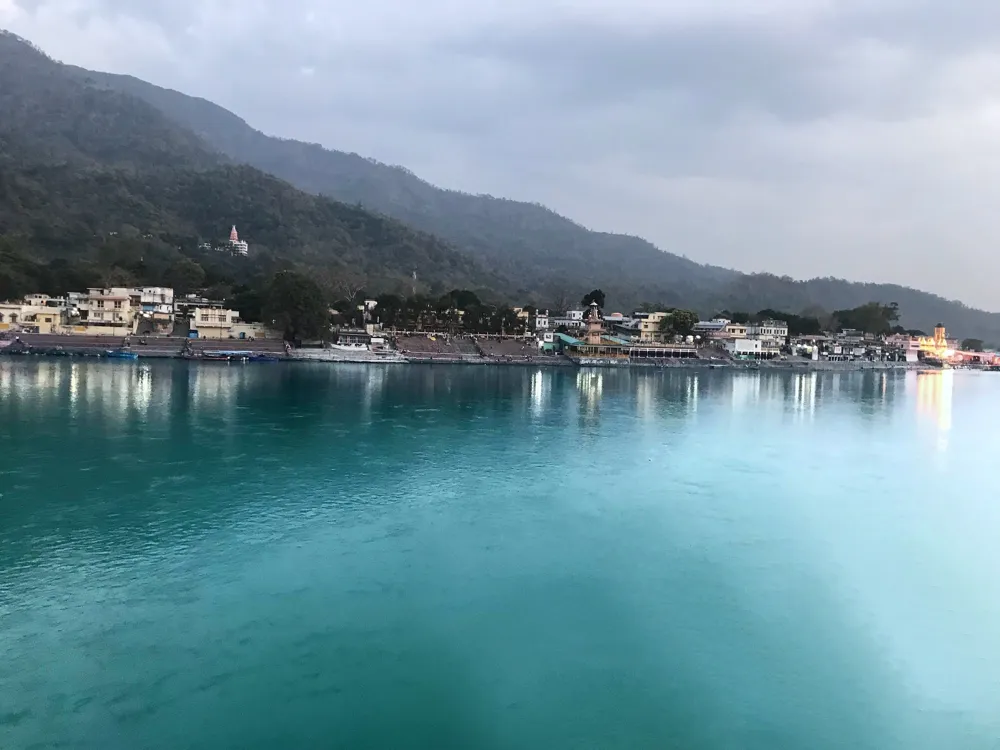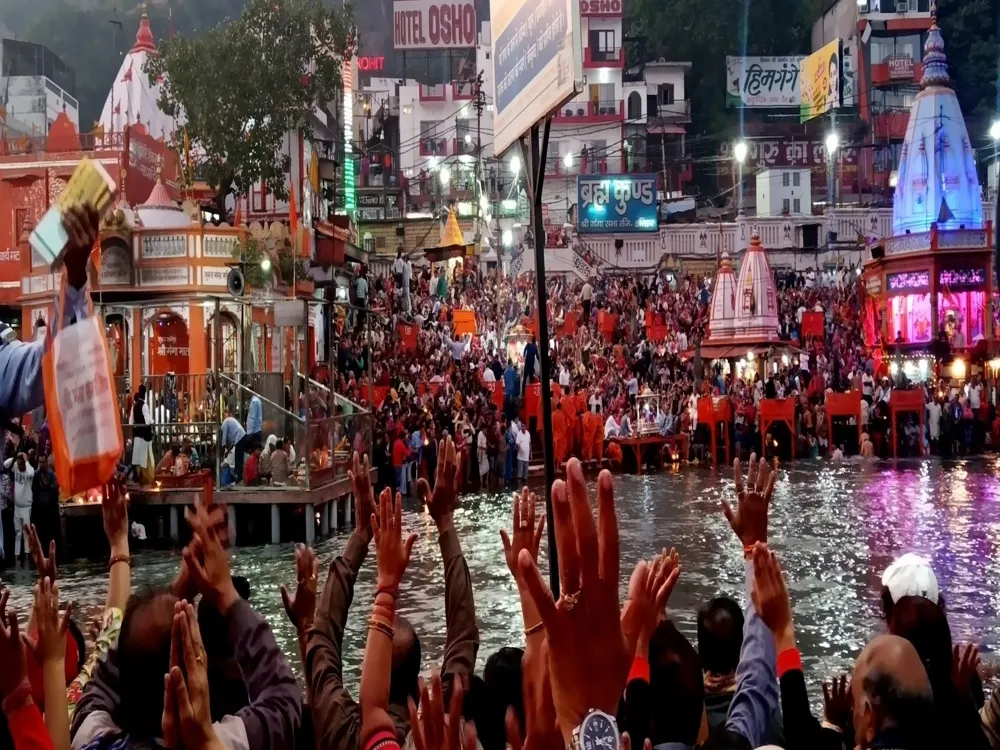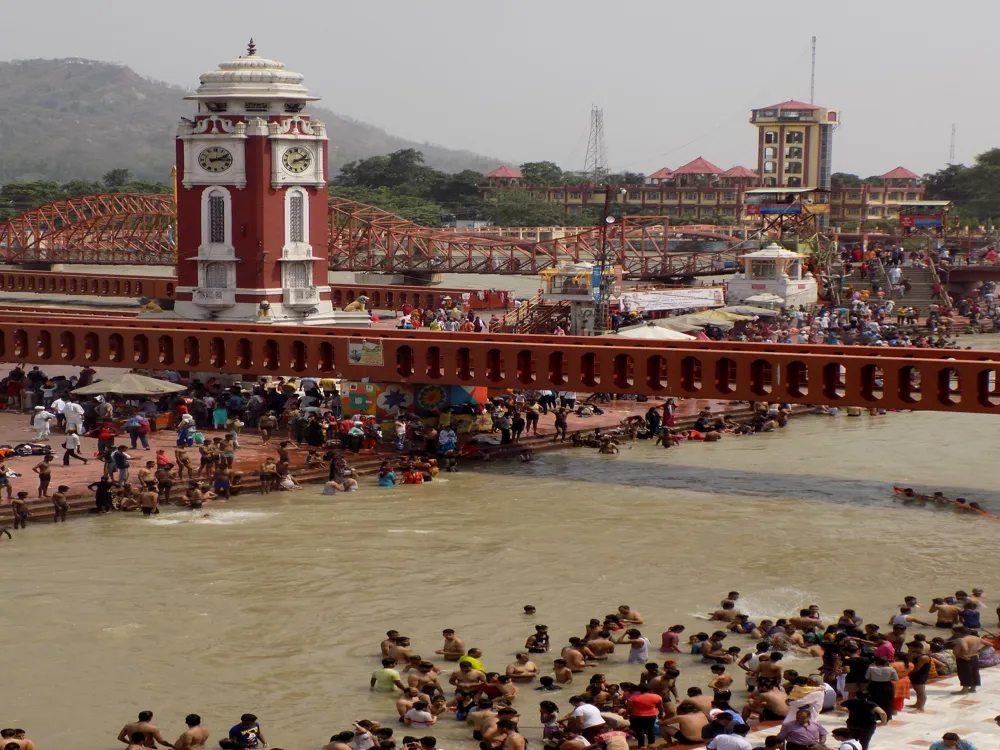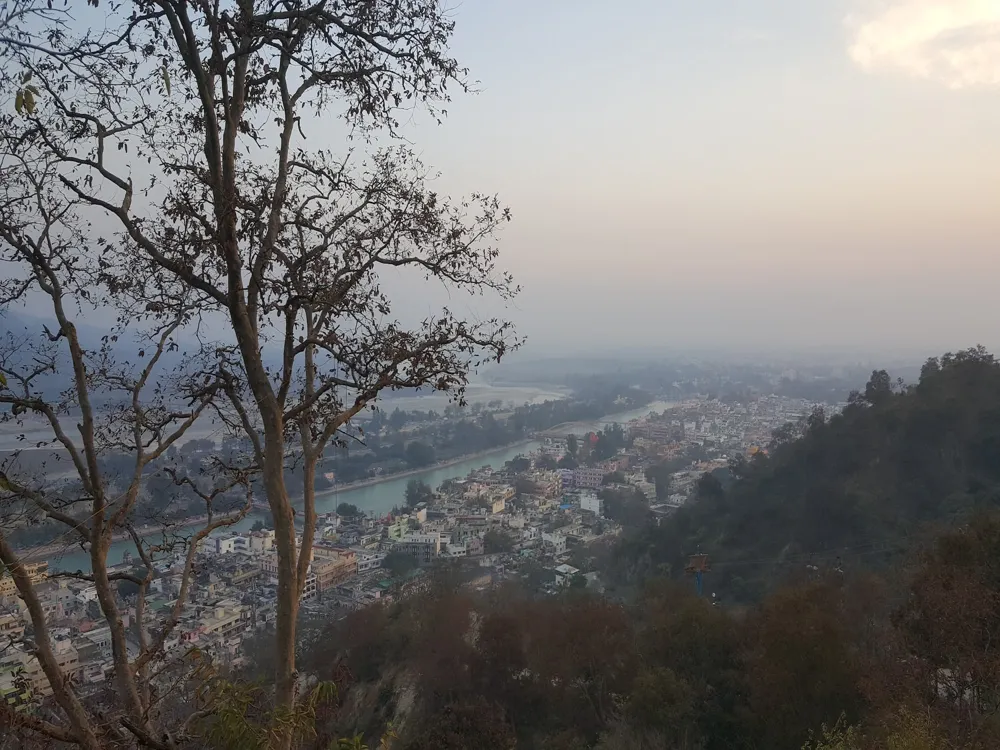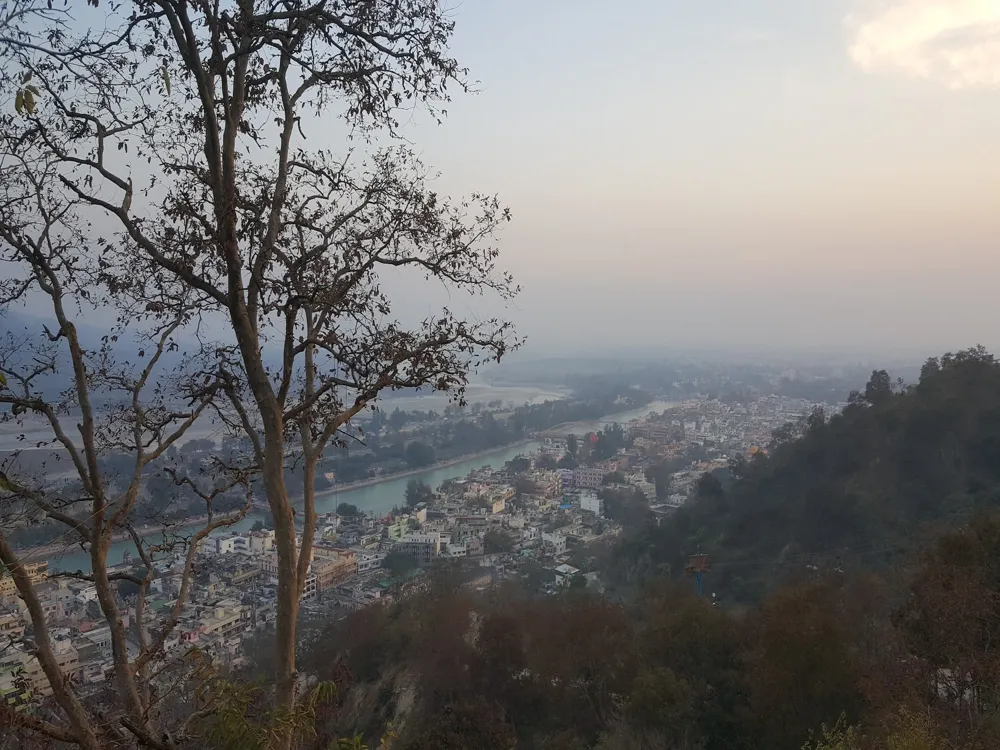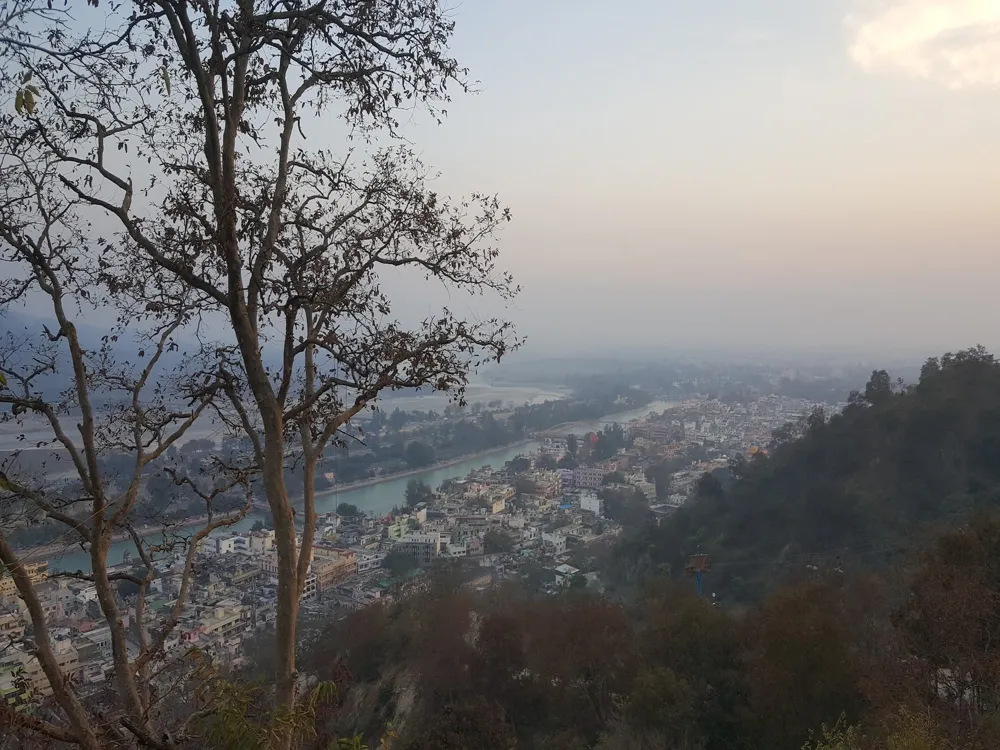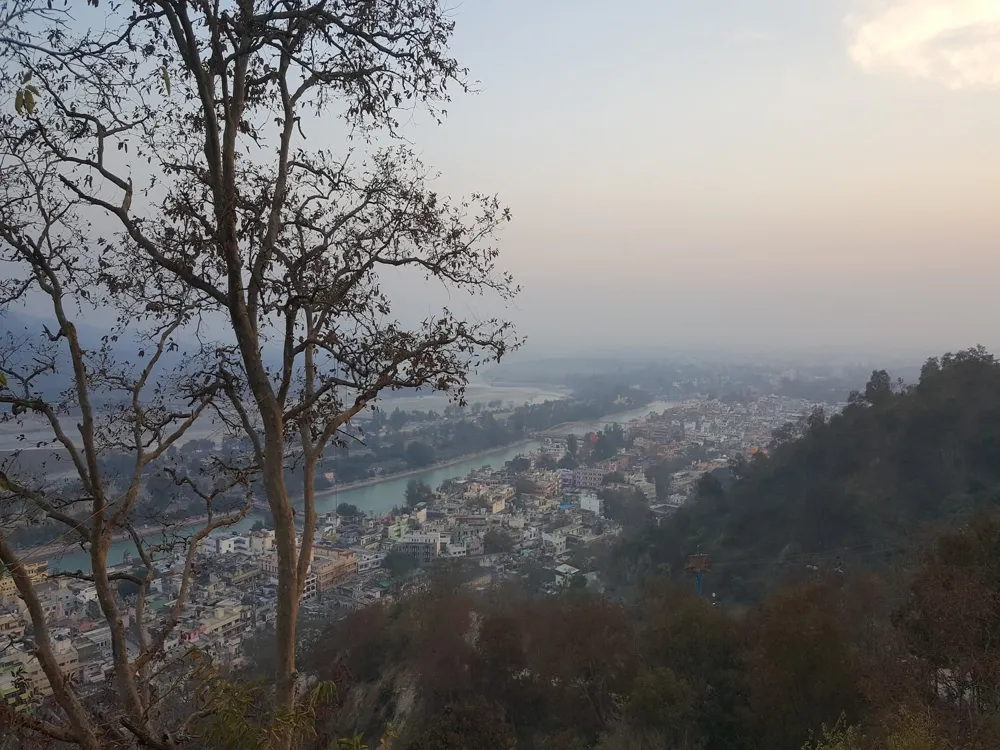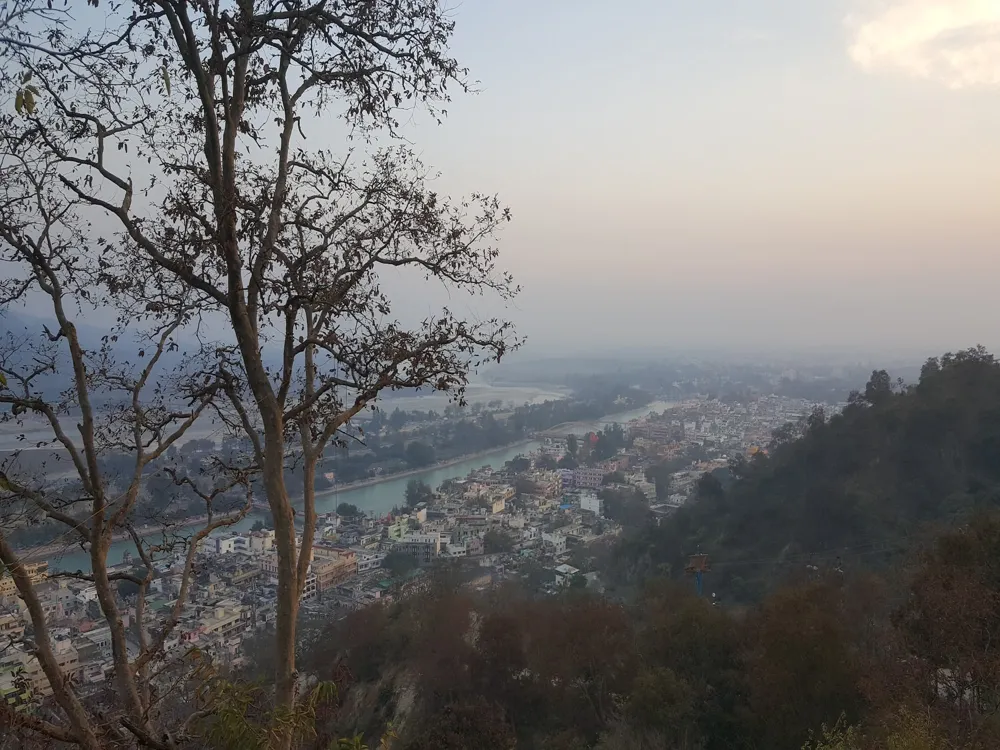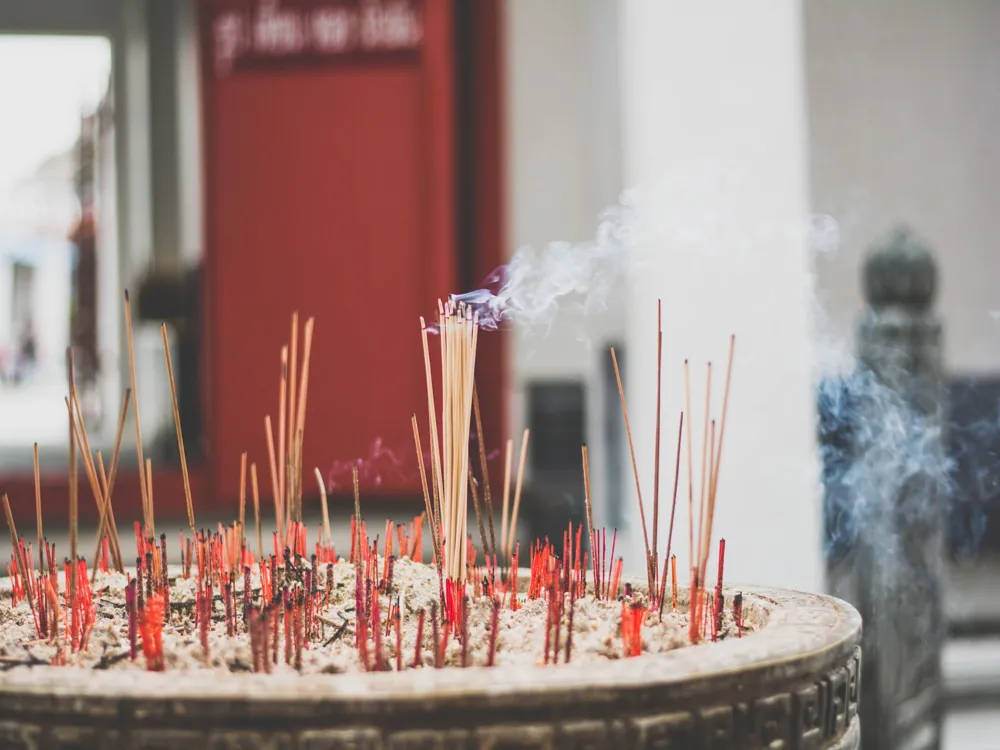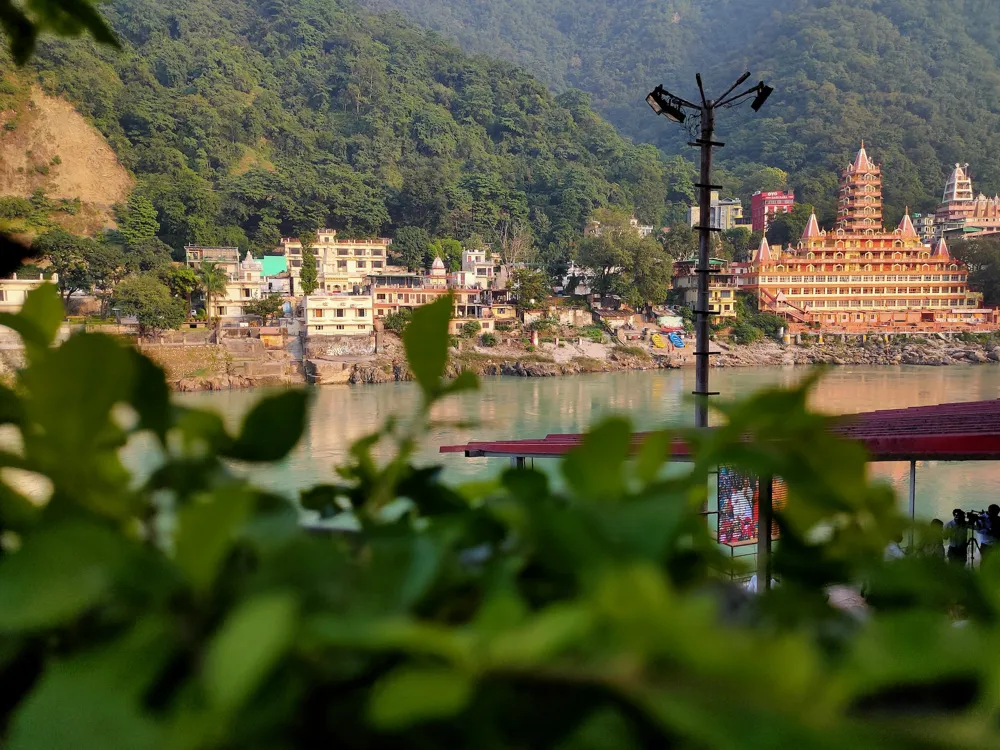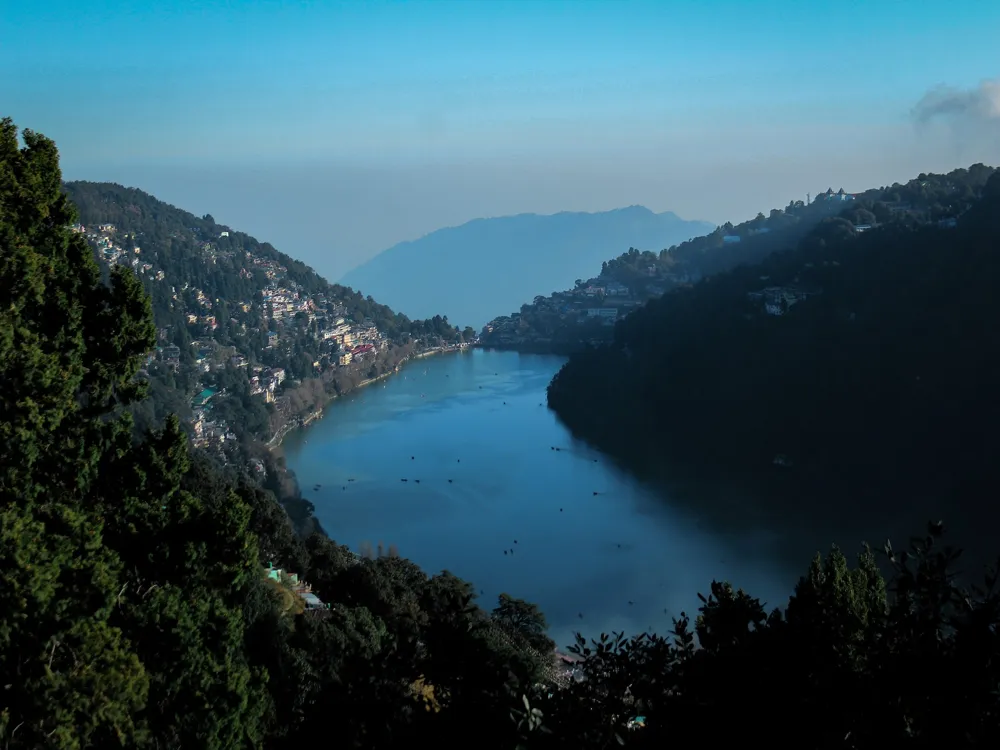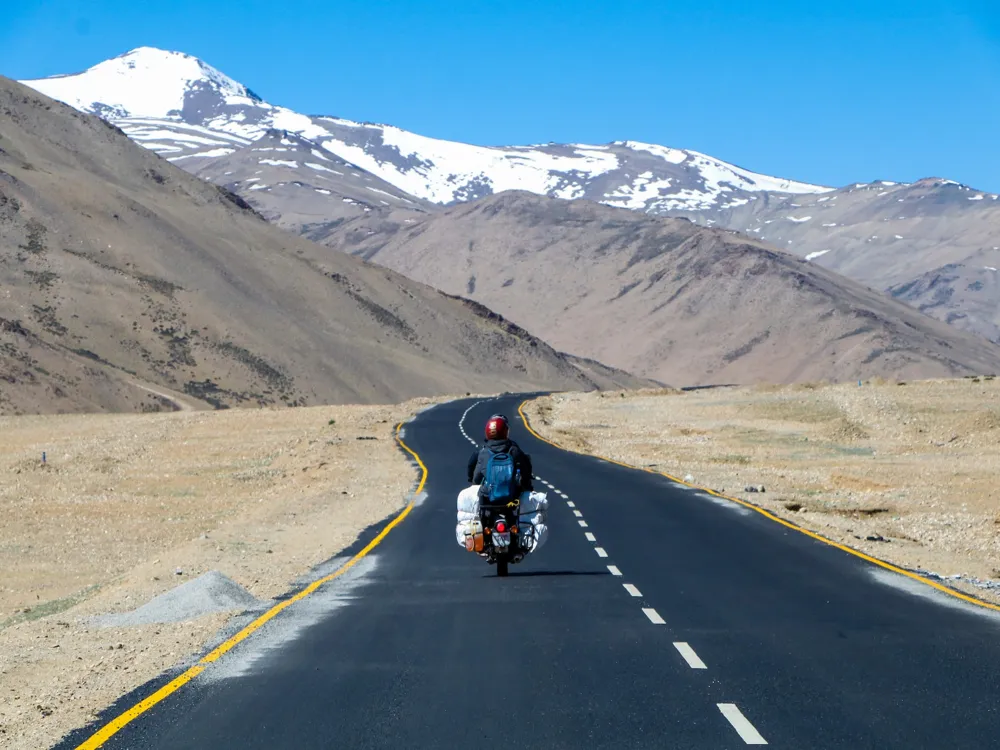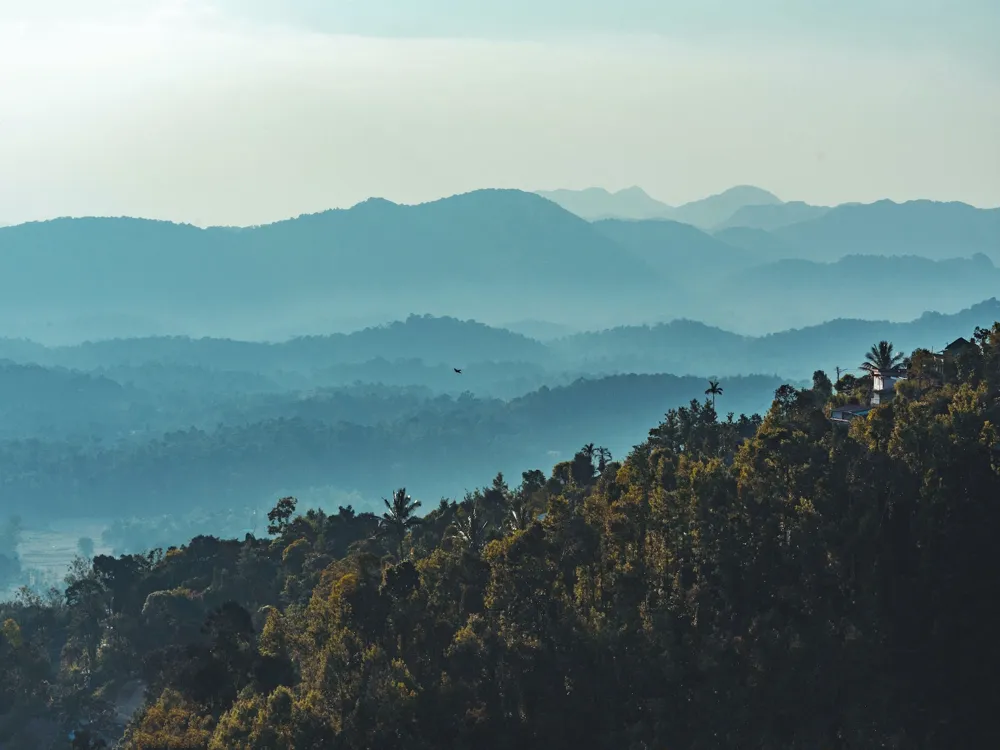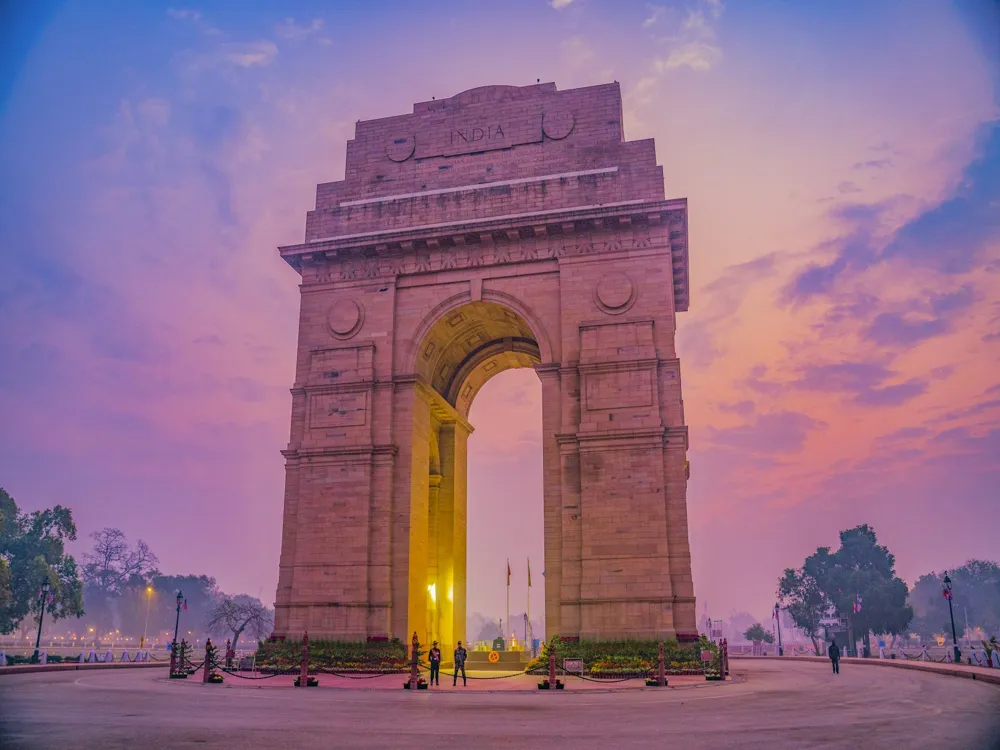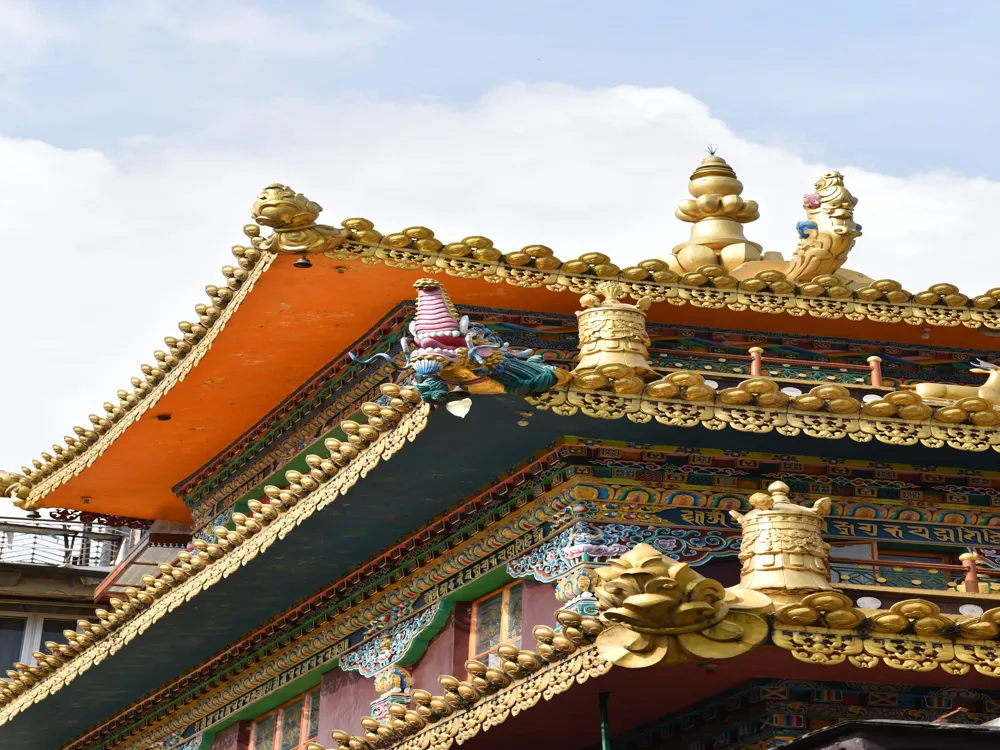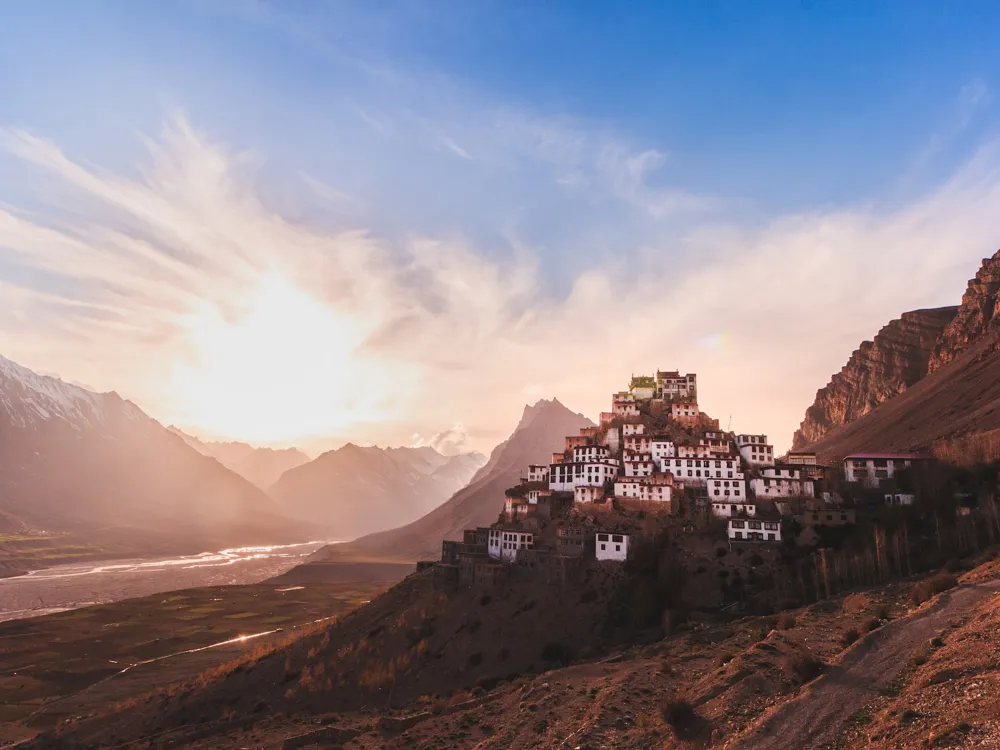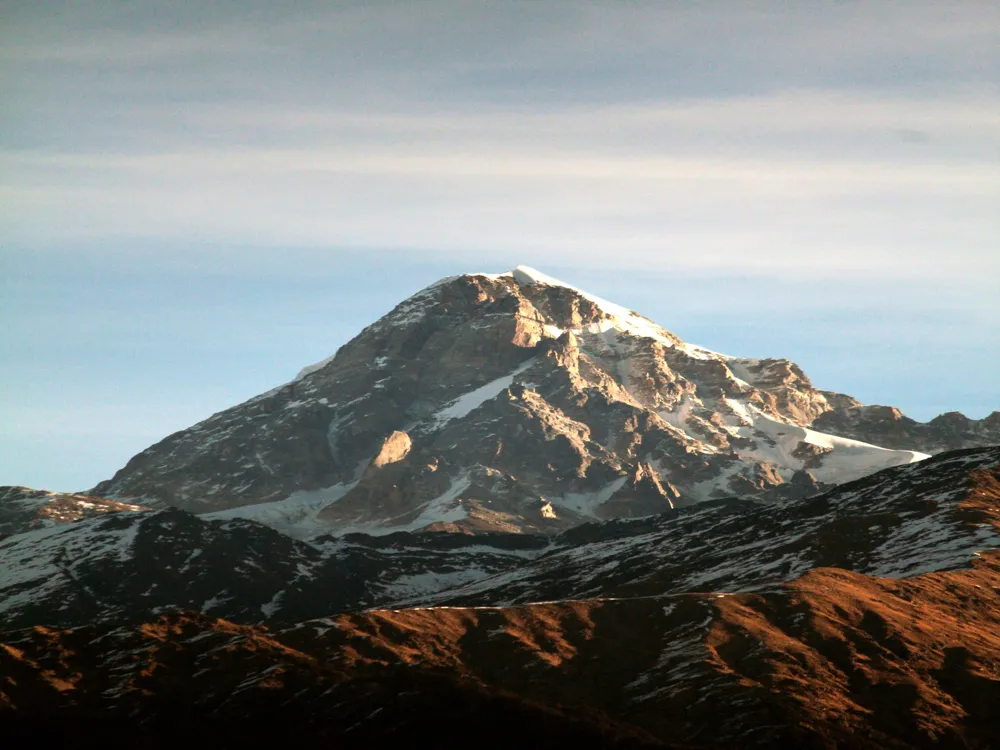Best Time to Visit Haridwar
Uttarakhand India
8 out of 57 Places to visit in UttarakhandNaN onwards View Packages
Get Customized PackagesThe Land of Diversity
Top Hotel Collections

Private Pool

Luxury Hotels

5-Star Hotels

Pet Friendly
What is the Best Time to Visit Haridwar?
Haridwar, a city nestled along the banks of the holy Ganges River, is a timeless destination that offers a profound spiritual experience. For those seeking to embark on a journey to this sacred city, timing becomes a crucial factor. The best time to visit Haridwar is a nuanced decision that depends on various factors. Let's delve into the intricacies of each season to guide you in making the most of your pilgrimage.
More about the Best Time to Travel to Haridwar
Travel Peak Season in Haridwar
Haridwar's peak season, spanning from October to February, boasts a climate that is both pleasant and ideal for exploration. The cool temperatures during these months create a comfortable environment, allowing visitors to engage in spiritual practices without the discomfort of extreme weather. The famous Ganga Aarti, performed at Har Ki Pauri, is particularly enchanting during this period, drawing pilgrims and tourists alike to witness the divine spectacle.
Travel Offseason in Haridwar
Contrary to the peak season, the offseason in Haridwar, which occurs during the scorching summer months from March to June, offers a unique experience. While the weather can be challenging, with temperatures soaring, this period sees fewer crowds. If you're someone who appreciates solitude and wishes to immerse yourself in introspection, visiting during the offseason provides a quieter and more personal connection with the spiritual essence of Haridwar.
Haridwar Travel Packages
View All Packages For Haridwar
Haridwar in Shoulder Season
The shoulder season, spanning September and March, provides a delightful balance. The weather is moderate, making it an ideal time for those who want to avoid extreme conditions. During this period, the city is not as crowded as in peak season, allowing visitors to explore the sacred sites at their own pace. It's a sweet spot for those seeking a harmonious blend of favorable weather and a more serene environment.
Haridwar in Hot Season
For travelers who can withstand the heat, the hot season from April to June can be a unique experience. While temperatures can be challenging, this period offers a glimpse into the daily lives of locals as they adapt to the warmer climate. It's an opportunity to witness traditional practices and rituals that define Haridwar's cultural richness.
Haridwar in Rainy Season
The rainy season, spanning July to September, brings a refreshing change to Haridwar. The monsoon showers transform the landscape into a lush green paradise. While the heavy rainfall may pose some challenges, the vibrant atmosphere and the rhythmic sound of raindrops add a poetic charm to the city. It's a season that appeals to nature enthusiasts and those who appreciate the beauty of a rejuvenated landscape.
Haridwar in Cool Season
The cool season, from October to February, marks the onset of winter. The crisp air and pleasant temperatures make it an ideal time for outdoor activities and exploration. The city's cultural events and festivals during this period further enhance the overall experience, providing a glimpse into the rich traditions of Haridwar.
Places To Visit In Haridwar
Nearby Places Haridwar
Haridwar Photos
View All Photos For HaridwarBrowse Package Collections
Browse Hotel Collections
Faq
Q1: When is the ideal time to visit Haridwar?
A: The best time to visit Haridwar is during the winter months, from October to February, when the weather is pleasant and conducive for sightseeing and outdoor activities.
Q2: Is there a specific time to witness the famous Ganga Aarti in Haridwar?
A: Yes, the Ganga Aarti in Haridwar is a mesmerizing spectacle and takes place in the evenings. It is recommended to visit during the winter months for a comfortable experience.
Q3: How is the weather during the summer in Haridwar?
A: Summers in Haridwar, from March to June, can be hot and humid. It is advisable to carry light clothing and stay hydrated if visiting during this period.
Q4: Are there any festivals or events that make a visit to Haridwar special?
A: Haridwar is vibrant during festivals like Kumbh Mela and Kanwar Yatra. Consider planning your visit around these times to witness the city's cultural and spiritual fervor.
Q5: Is it advisable to visit Haridwar during the monsoon season?
A: While the monsoon season (July to September) brings a lush green landscape, heavy rainfall can lead to swollen river levels. Exercise caution if planning a visit during this time.

